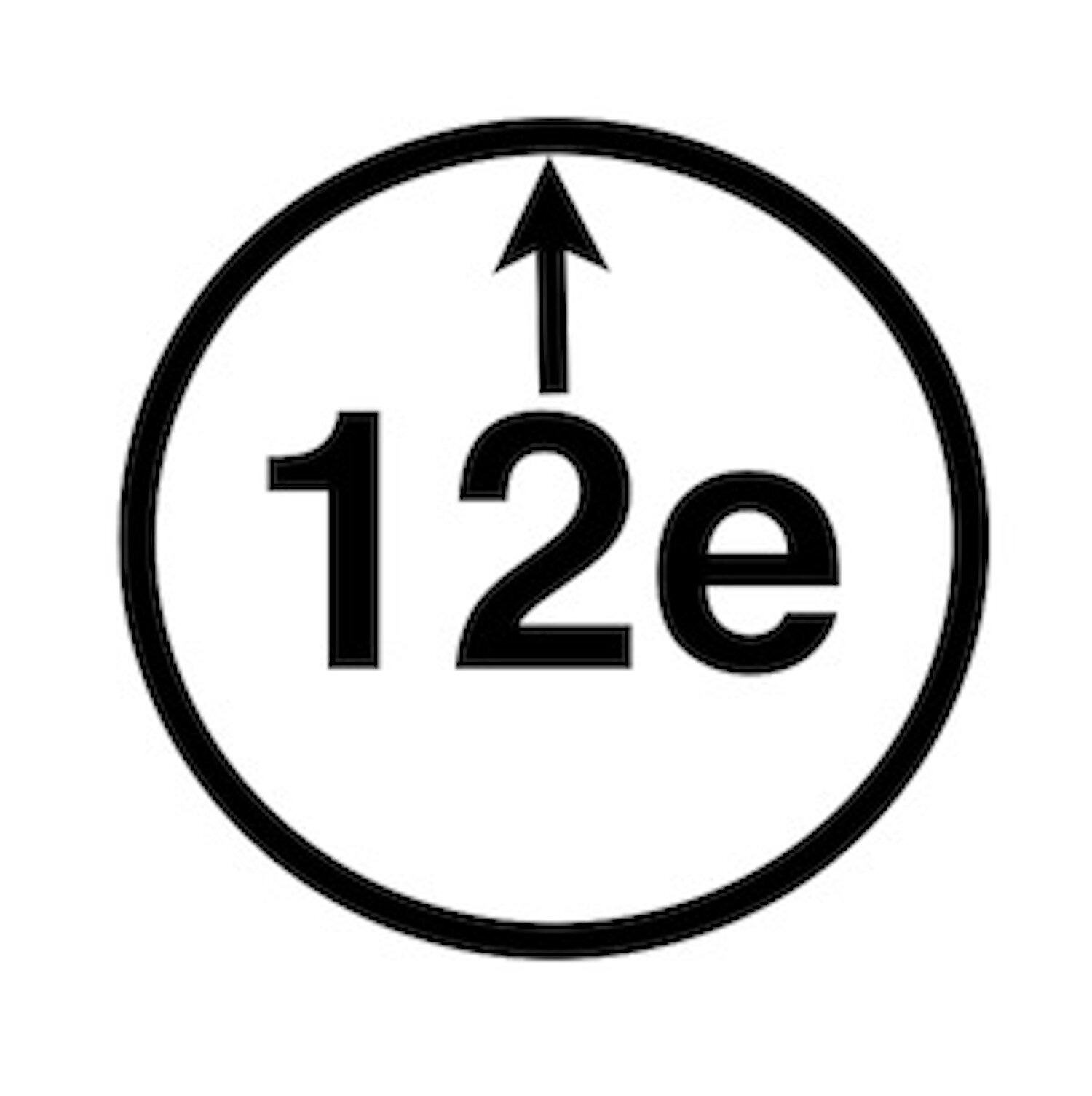An Invitation to Hope
“When the Son of Man comes in his glory, and all the angels with him, he will sit on his glorious throne. All the nations will be gathered before him… Matthew 25:31
For whenever you eat this bread and drink this cup, you proclaim the Lord's death until he comes. 1 Cor 11:26
November 30 marks the first Sunday of Advent. Because not only the Church, but the culture in which we live celebrates the Christmas season, it can be easy to be misdirected from what is intended for the disciple of Christ during Advent. First, we should remember that for Christians, the Christmas season is NOT the days preceding Christmas, unlike the secular observation of Christmas. The Christmas season for Christians BEGINS on Christmas and carries on for twelve more days. We call the days previous to Christmas Advent. Advent is an anglicized version of a latin word adventus which means ‘coming.’
Much of popular American Christianity spends the season of Advent telling the story of Jesus' birth. We use this time to remember the birth of Christ long ago in Bethlehem. But neither is that quite the correct focus for Advent. We remember the birth of Jesus, the adventus of the word made flesh, in order to live lives of expectation of the second coming of Christ in Glory. Advent is a time to prepare ourselves for the second coming of Christ. Both of the scripture verses which open this reflection, refer to this second coming.
This leads to a couple of important questions. Is it rational for people of faith to expect the second coming? After all, Jesus promises to return soon, and Paul expected the return of Christ in his own lifetime, which obviously didn’t happen. It is now 2000 years plus, and Jesus has not returned. So, the big question is, should we continue to expect the second coming? Another question might well be, if we do continue to expect the second coming, how exactly to we prepare for it? In his classic text A Theology of Hope Jurgen Moltmann writes:
From first to last, and not merely in the epilogue, Christianity is eschatology, is hope, forward looking and forward moving, and therefore also revolutionizing and transforming the present.
Moltmann goes on to write that we cannot really have God in us or over us, "but always before us, who encounters us in his promises for the future…whom…we await in active hope."
Advent then is not merely remembering the past or a passive waiting to see if this second coming thing will actually happen but an active hoping for the Reign of God on earth. As such, it is meant to inspire transformation in the present. If we were to read further in Matthew 25 we would find the well known words, “Then the righteous will answer him, ‘Lord, when did we see you hungry and feed you, or thirsty and give you something to drink? When did we see you a stranger and invite you in, or needing clothes and clothe you? When did we see you sick or in prison and go to visit you?’“The King will reply, ‘Truly I tell you, whatever you did for one of the least of these brothers and sisters of mine, you did for me.’"
Preparation for the second coming of Christ who brings the Reign of God is then living a life of merciful compassion for and solidarity with the lost, the forgotten, the ignored and the least. The promised future of God’s Reign impacts the here and now. That is the answer to our first question about the importance and applicability of hope for the second coming. It is only when we live a life of active anticipation of Christ’s return that we find the strength, courage and imaginative space, to be faithful disciples in the present.
To answer the second we return to Jurgen Moltmann’s A Theology of Hope where he writes:
That is why faith, wherever it develops into hope, causes not rest but unrest, not patience but impatience. It does not calm the unquiet heart, but is itself this unquiet heart in man. Those who hope in Christ can no longer put up with reality as it is, but begin to suffer under it, to contradict it. Peace with God means conflict with the world, for the goad of the promised future stabs inexorably into the flesh of every unfulfilled present.
We prepare, in Advent, for the second adventus of Christ, by allowing the second coming of Christ to goad us into actions of justice, mercy and compassion for those who struggle and suffer.
There are many ways to mark the coming celebration of Christmas such Family gatherings, work parties, christmas lists and shopping excursions, Christmas cookies and special meals. But let us as Christians together this Advent not forget that the observation of Advent that is most pleasing to God is to contradict the reality of the hungry and poor with words of love and acts of compassion.
Come Lord Jesus,
Rev. D. R. Collins

